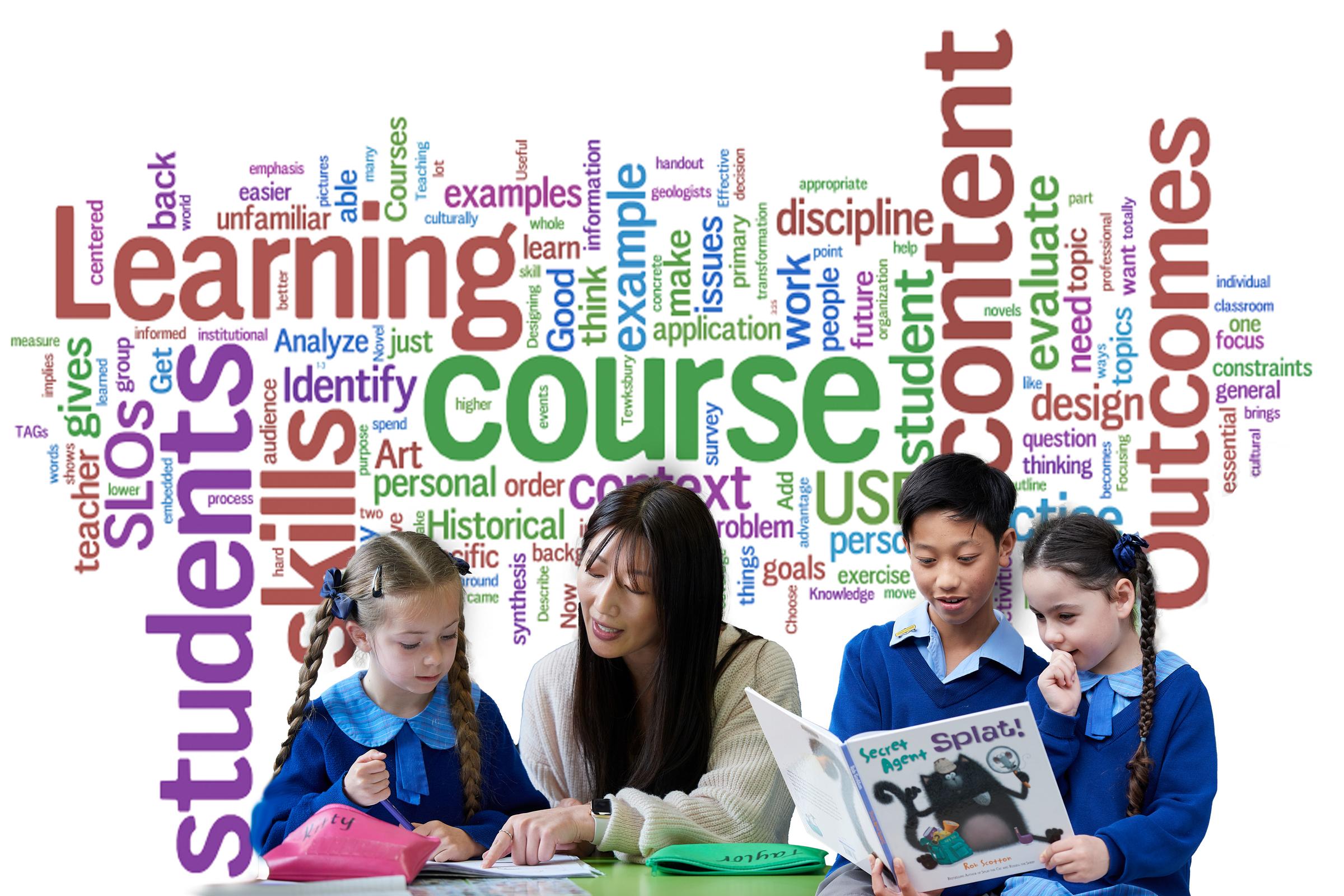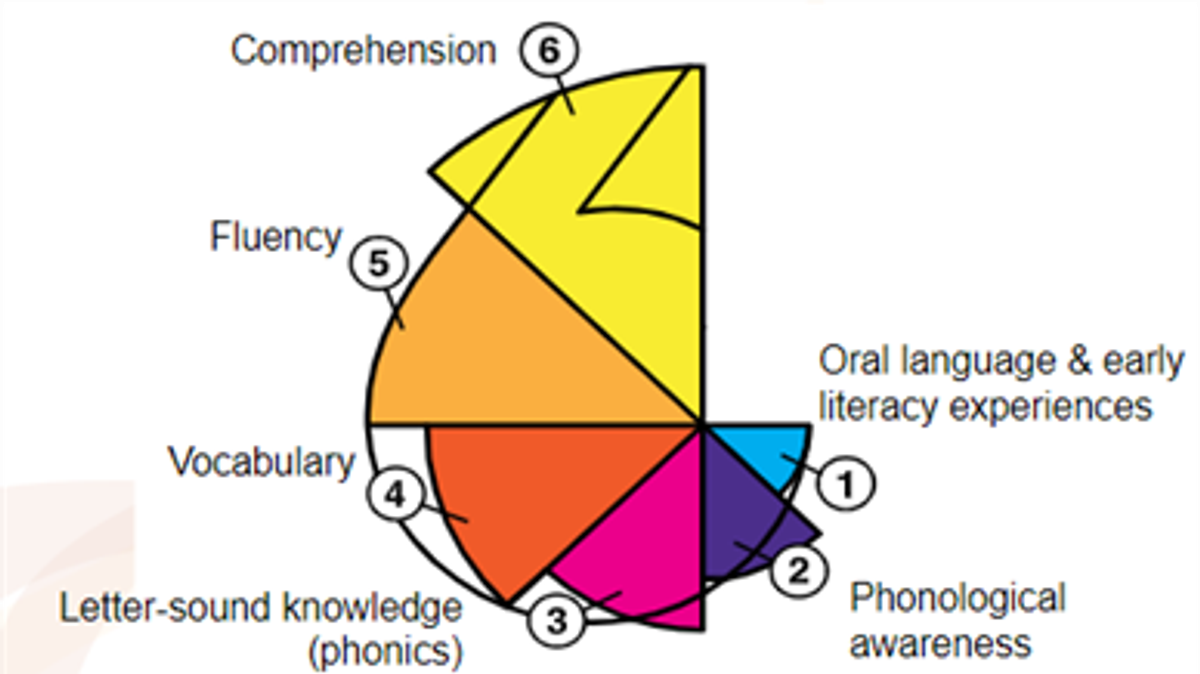Learning and Teaching

Vision for Instruction Reading - Vocabulary
So far this term, we have included information about the components essential to reading. They were fluency, phonological awareness, phonics and oral language. This week we will focus on Vocabulary.
How does vocabulary contribute to reading success?
When children have a large ‘spoken’ vocabulary, meaning they use and understand lots of different words, they are well placed to recognise and understand those words when they see them when reading.
Words can be broken up into three groups, sometimes called ‘Tiers’.
Tier 1 vocabulary is the words most frequently used when speaking and writing; words like the, and, was, some and ‘everyday’ words like dog, happy, play, go. These words are also called ‘high frequency’ or ‘sight words’ because readers will see them in lots of different texts and need to be able to recognise them automatically, by sight. Many Tier 1 words can’t be ‘sounded out’, their spelling doesn’t directly correspond to the way we say them; for example, was is pronounced /woz/, this is another reason they need to be learnt ‘by sight’.
Tier 2 and Tier 3 vocabulary contains more sophisticated and subject-specific words. Children who hear a wide range of words used in talk and through books read aloud will be better able to understand those words when they begin to read them in books.
What can parents can do at home to assist with vocabulary learning?
As with oral language, parents can best support their children in learning vocabulary by encouraging them to talk and listen for a range of different purposes and reading aloud to them often. Children learn new words by hearing them used meaningfully many times and by being encouraged to use new words in their own talk. Other ways to support vocabulary learning include the following:
- Become ‘word aware’ as you read aloud. One of the best places for children to hear new words used meaningfully is in great children’s literature. Comment on words you know are new to your child. What do they sound like, what could they mean, what do they remind you of?
- Get your children to become ‘word detectives’ when out and about. Notice new and interesting words on street signs, at the zoo or museum, on menus or on pamphlets.
- Use a wide vocabulary when speaking to your child. Encourage children to ask the meaning of unfamiliar words and to use new words in their own spoken communication.
Excerpt taken from www.theliteracyhub.edu.au
Deborah Courtney
Director of Learning and Teaching

